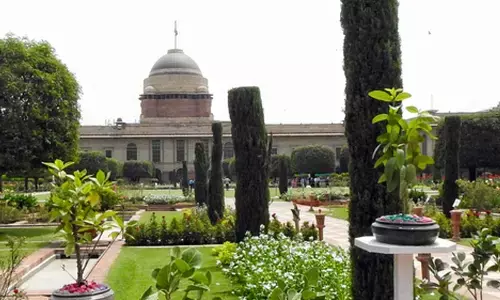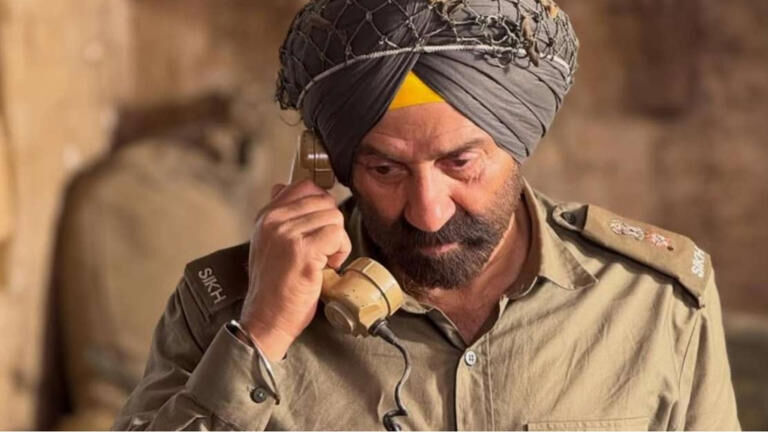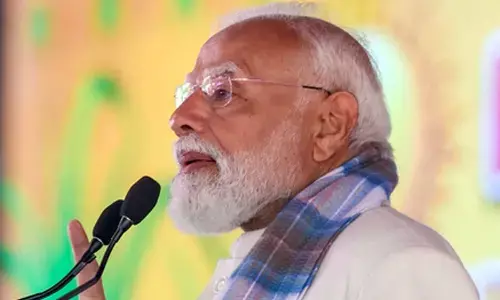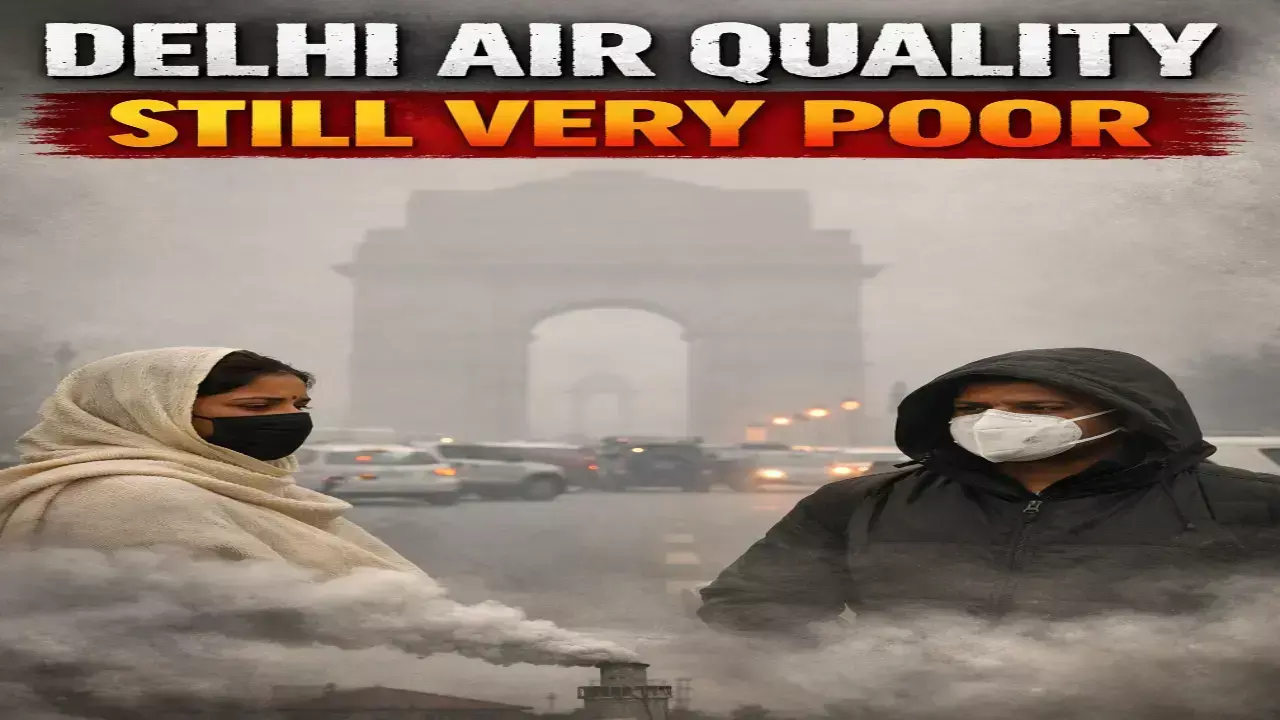Referendum, Plebiscite

On 24 May 1993, Eritrea conducted an internationally monitored referendum to determine its future status; the voter was overwhelmingly for independence.
On 24 May 1993, Eritrea conducted an internationally monitored referendum to determine its future status; the voter was overwhelmingly for independence.
The United Nations, the US, Ethiopia, Italy immediately recognized the new state.” –From Tyranny to Anarchy: The Somali Experience by Hussein Adam
When a country conducts a referendum on an issue, it makes national and possibly international news. Referendum is to seekan opinion about an issue from the people directly: the citizens take part in the referendum (yes or no).
Note that referendum is unlike in a general election (where you elect a political party to rule the country or head the government).
Referendum means putting an issue to the people to decide, referring of a political issue to a general vote by all the people of a country for a decision rather than a decision taken by the country through its legislature such as the parliament.
Asking people in a country to vote on an issue: should we build new worshipping places or not?
Referendums are conducted to settle a national issue.
The United Kingdom sought a referendum from its people whether to stay in the European Union or not for which the citizens said: no.
In a referendumwhichever side gets more than half of all the votes cast is considered to have won. For example, Sweden went for a referendum whether it should join the Euro (the common currency in many of the countries in Europe) or not, and the country voted ‘no’. So, Sweden stayed away from the Euro.
Plebiscite means a decision made by the people of a country by participating in a direct vote.
Often, plebiscite is used interchangeably with referendum.
“GAMBLING on a referendum whose outcome is unsure is a risky business. Ask David Cameron, who resigned as prime minister hours after losing the Brexit ballot last June. But Nicola Sturgeon is prepare to take her chances.
On March 13th Scotland’s first minister said she would seek permission from Westminster for a second referendum on Scotland’s independence from the United Kingdom, less than three years after plebiscite in which Scots voted by 55% to 45% to stay put.” –The Economist
Though referendum and plebiscite are used interchangeably, but plebiscite is usually referred to when a region of a country wants to secede or breakaway for which the people will vote.
Pakistan is asking for a plebiscite in the Indian part of Kashmir: let the people there decide whether they should want to be with India or Pakistan but India pooh-poohs such a suggestion: internal issue!
















